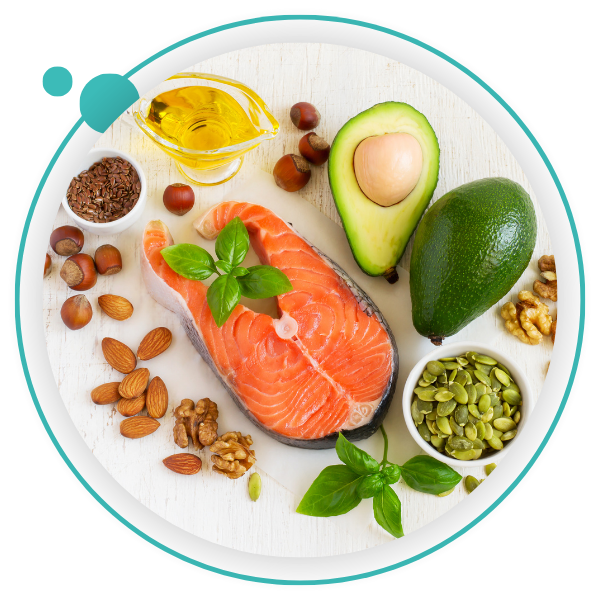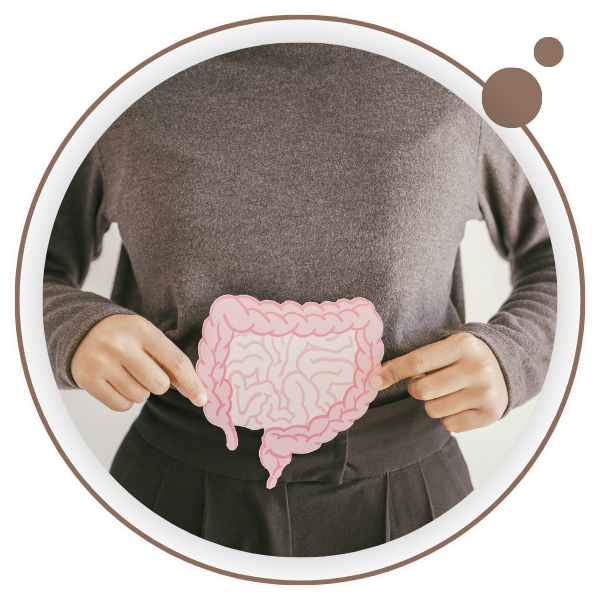Mental Health Nutrition
Mental Health Nutrition
At Life Skills Awareness, we understand that mental health is a crucial component of overall wellness, and nutrition is often an overlooked aspect of this. The foods you consume not only provide essential energy but also significantly influence your mood, concentration, and overall mental health. By recognizing the connection between nutrition and mental well-being, we empower individuals to make informed dietary choices that enhance emotional stability and cognitive function. Let us guide you on this journey toward a healthier mind through mindful nutrition.

Nutrient-Rich Foods for Optimal Brain Function
A well-balanced diet rich in specific nutrients is key for brain health. Nutrients such as omega-3 fatty acids, found in fatty fish like salmon, walnuts, and flaxseeds, are essential for building and maintaining brain cells. Omega-3s have been shown to improve mood and may even reduce the symptoms of depression. Antioxidants, abundant in colorful fruits and vegetables such as berries, spinach, and kale, combat oxidative stress in the brain, reducing cognitive decline and enhancing memory. Whole grains, such as oats and quinoa, provide a steady source of energy, maintaining stable blood sugar levels crucial for concentration. Incorporating these nutrient-dense foods into your diet can significantly enhance your mental clarity and cognitive performance.

The Gut-Brain Connection
Emerging research has illuminated the vital connection between gut health and mental well-being, referred to as the gut-brain axis. Your gut microbiome plays a pivotal role in producing neurotransmitters—chemical messengers that influence mood and behavior. A diet rich in probiotics, such as yogurt, kefir, and fermented vegetables, can promote a healthy gut microbiome. These beneficial bacteria help increase serotonin levels, a neurotransmitter linked to feelings of happiness and emotional regulation. Prebiotics, found in foods like bananas, onions, and garlic, feed these good bacteria, contributing to a balanced gut environment.
The Negative Impact of Processed Foods
While focusing on nutrient-rich foods is essential, it’s equally important to understand the detrimental effects of processed foods on mental health. Diets high in processed foods often contain refined sugars and unhealthy fats, which can lead to fluctuations in blood sugar levels and contribute to mood swings. Research has shown that high consumption of sugary and ultra-processed foods is linked to an increased risk of anxiety and depression. By reducing your intake of processed foods and opting for whole, natural ingredients, you can enhance your overall emotional stability and mental clarity.

The Role of Hydration
Many individuals underestimate the impact of hydration on mental performance and overall well-being. Staying hydrated is crucial for maintaining optimal brain function; even mild dehydration can result in cognitive decline, fatigue, and irritability—all detrimental to mental health. Water is vital for transporting nutrients and removing waste, yet many overlook its importance. To maintain satisfactory hydration levels, aim for at least eight 8-ounce glasses of water per day, adjusting based on your activities and climate.

Mindful Eating Practices
In addition to selecting the right foods, the way we consume our meals is equally important to mental health. Mindful eating encourages individuals to focus on the eating experience, paying attention to hunger cues, savoring each bite, and reducing distractions. This practice promotes a healthier relationship with food and can prevent overeating. As part of your mental health nutrition journey, consider incorporating mindfulness into your eating habits to improve your awareness of not just what you eat, but how you eat.
Take Charge of Your Nutritional Journey
At Life Skills Awareness, we offer specialized services in mental health nutrition, believing that the right foods can profoundly impact your mental well-being. Our focus is on guiding you toward a balanced diet rich in essential nutrients, maintaining gut health, minimizing processed foods, staying hydrated, and practicing mindful eating. By working with us, you can cultivate a healthier mind and enhance your overall well-being. Take the first step towards better mental health today by evaluating your dietary choices with our expert support and making intentional changes that nourish your body and mind.
